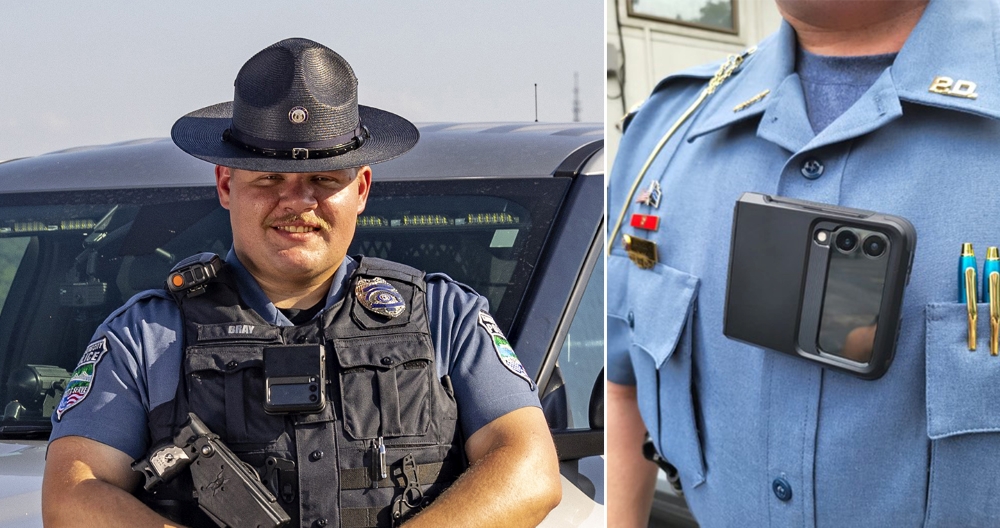
Samsung has recently highlighted an unconventional use of its Galaxy Z Flip series smartphones, promoting them as tools for law enforcement. In a recent post on Samsung’s newsroom, the company detailed how police departments in Missouri, including the Kimberling City Police and the Indian Point Police, participated in a pilot program integrating the Z Flip devices into their daily operations. The initiative marked the first time foldable devices were used as body-worn cameras by police, a move that has since expanded to 25 metro police departments across five states.

The Galaxy Z Flip devices were modified for police use in collaboration with Visual Labs, a company specializing in repurposing mobile devices as body and dash cameras. These modifications included remapping the external volume button to quickly start recording in urgent situations. The devices could also automatically begin recording during pursuits or when a vehicle’s emergency lights were activated, with the footage being immediately uploaded to the cloud via Visual Labs’ software.
Samsung’s blog post emphasized the advantages of the Galaxy Z Flip’s compact and foldable form factor, which makes it easy to attach to police uniforms and outer carriers. The devices serve multiple functions, including documenting arrests and interactions, taking crime scene photographs, recording audio for witness interviews, and tracking officers’ locations through GPS.
This initiative has drawn attention due to the unusual focus on marketing smartphones as law enforcement tools. The Verge noted the broader context, referencing a ProPublica and The New York Times investigation that highlighted issues with body-worn cameras, including how local policies can sometimes prevent the timely release of footage.
The adoption of the Galaxy Z Flip by police forces aligns with broader trends where tech companies are increasingly involved with law enforcement. Amazon-owned Ring, for instance, had previously collaborated with police on sharing footage from its smart doorbells, a policy it later reversed. Additionally, law enforcement agencies are using technologies like facial recognition and drones, raising questions about privacy and accountability.
Featured Image courtesy of Samsung
Follow for more updates on Samsung’s latest releases.
